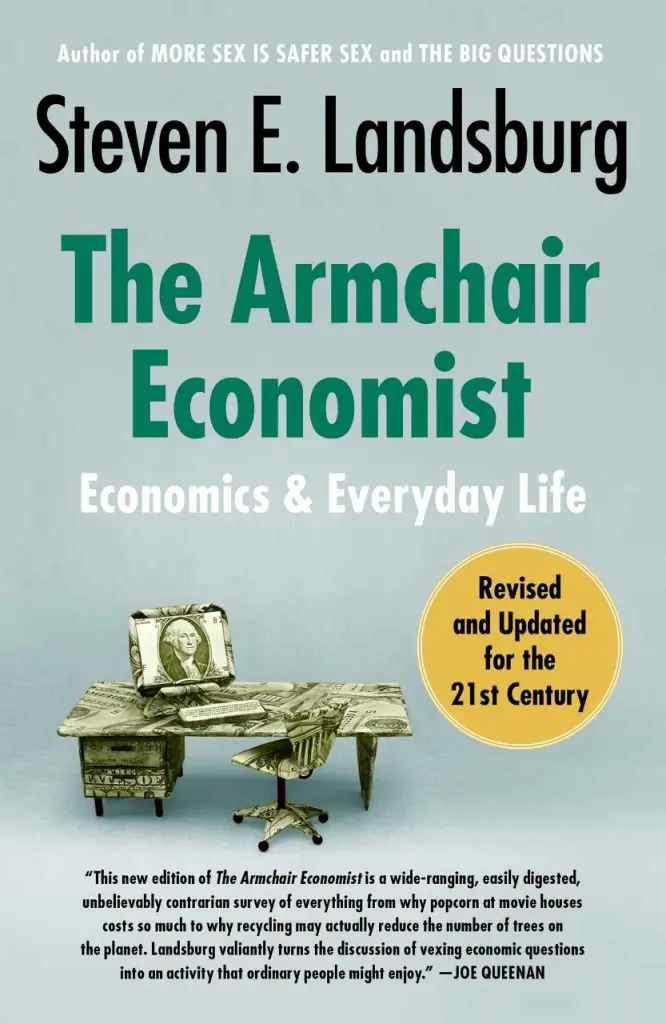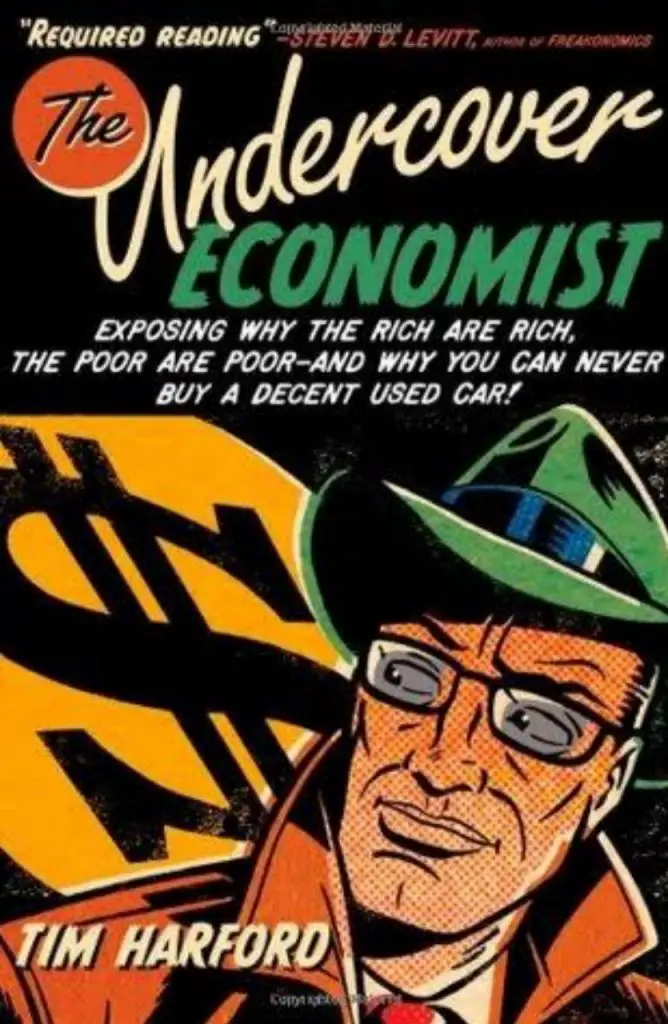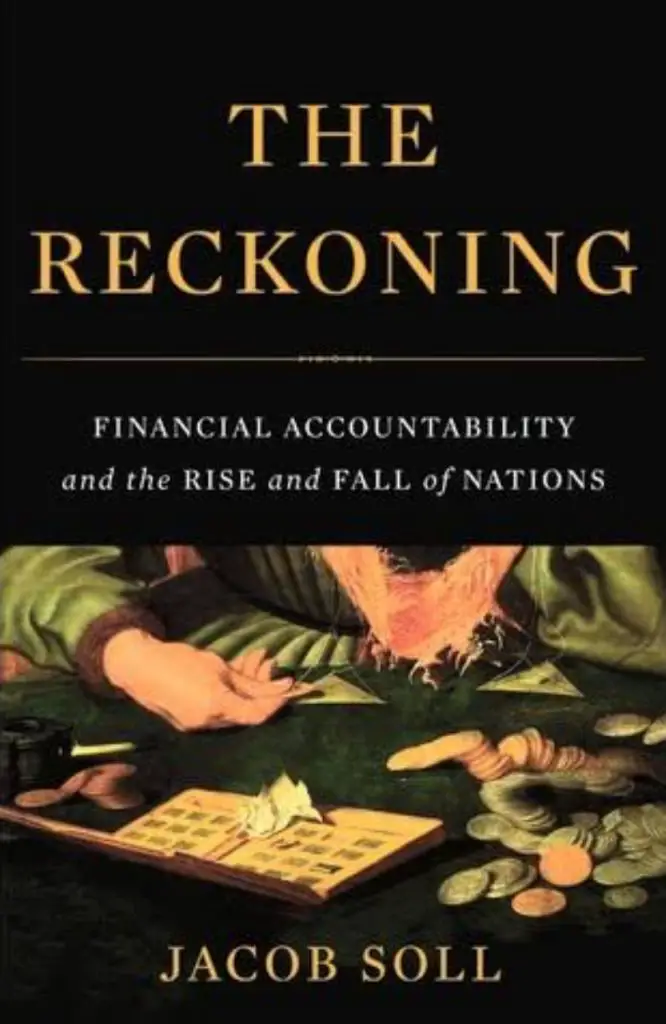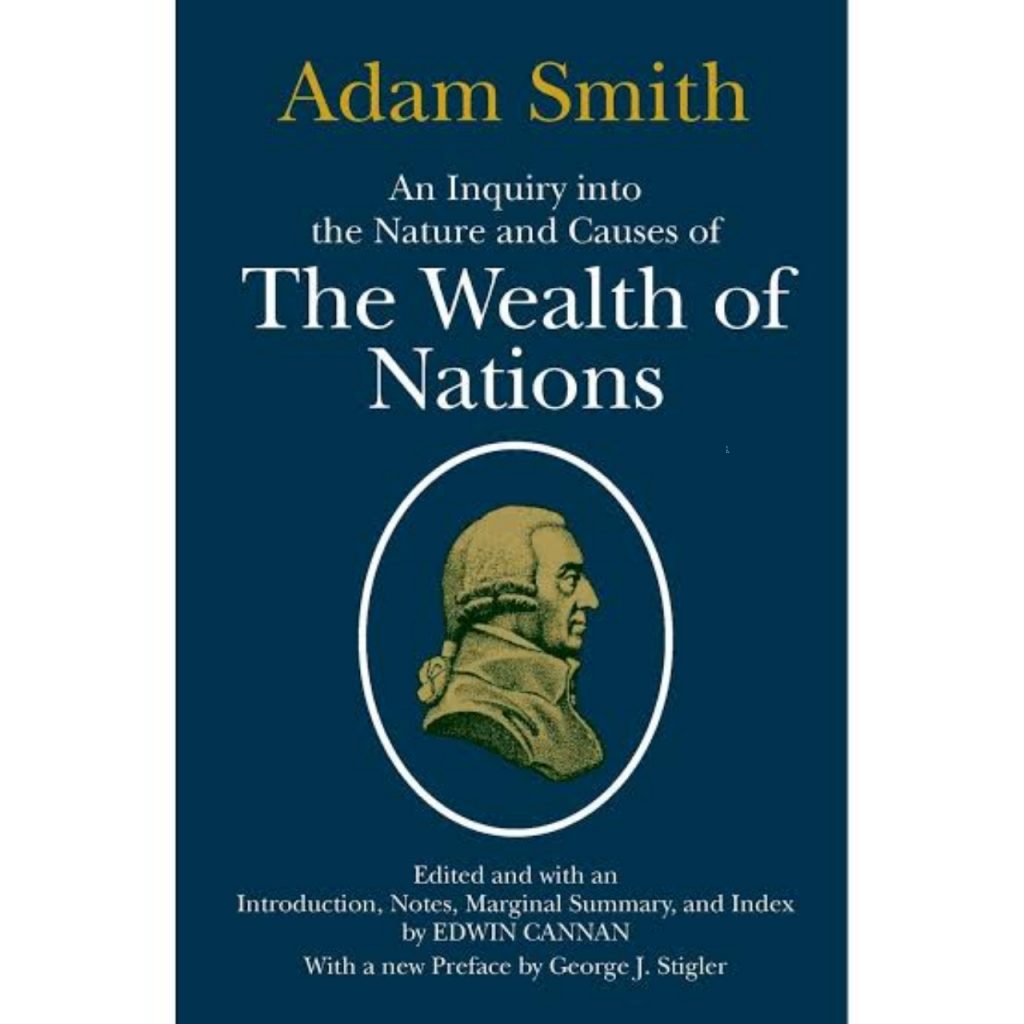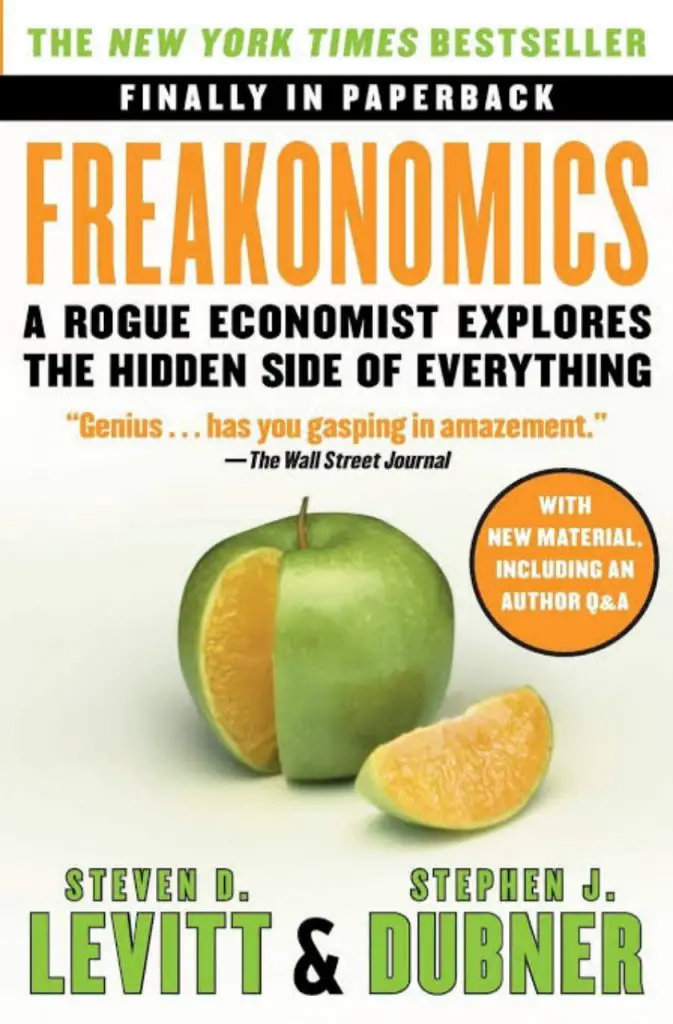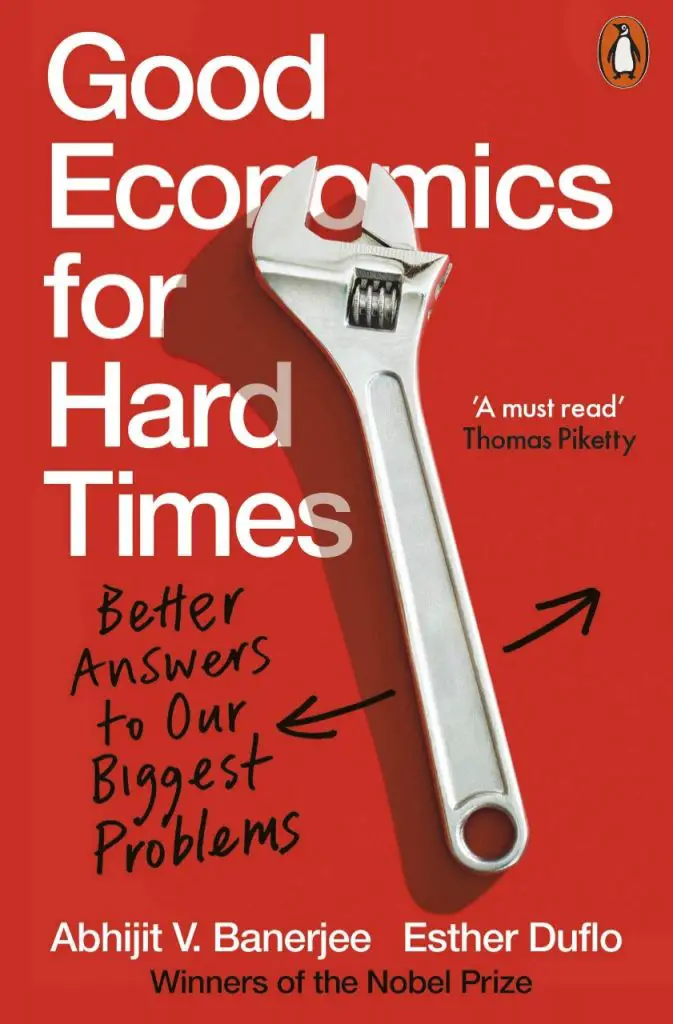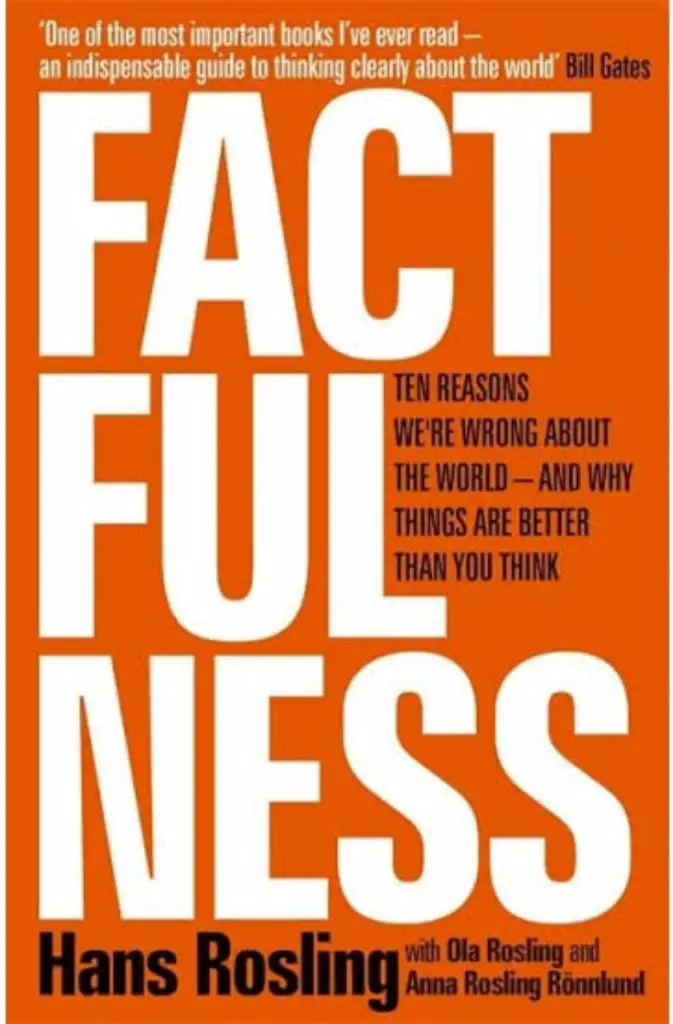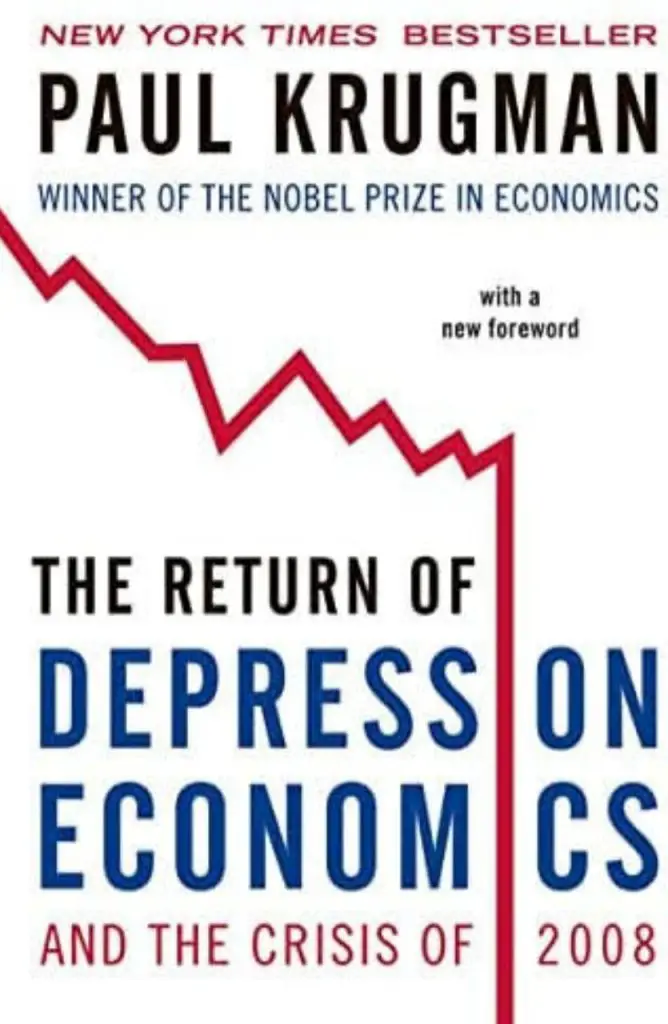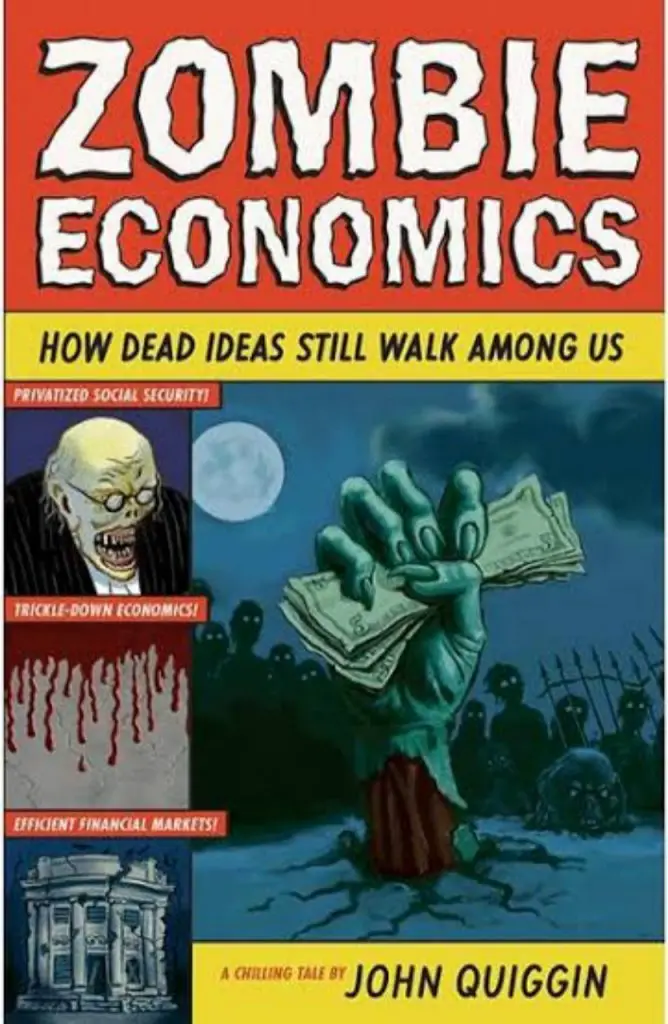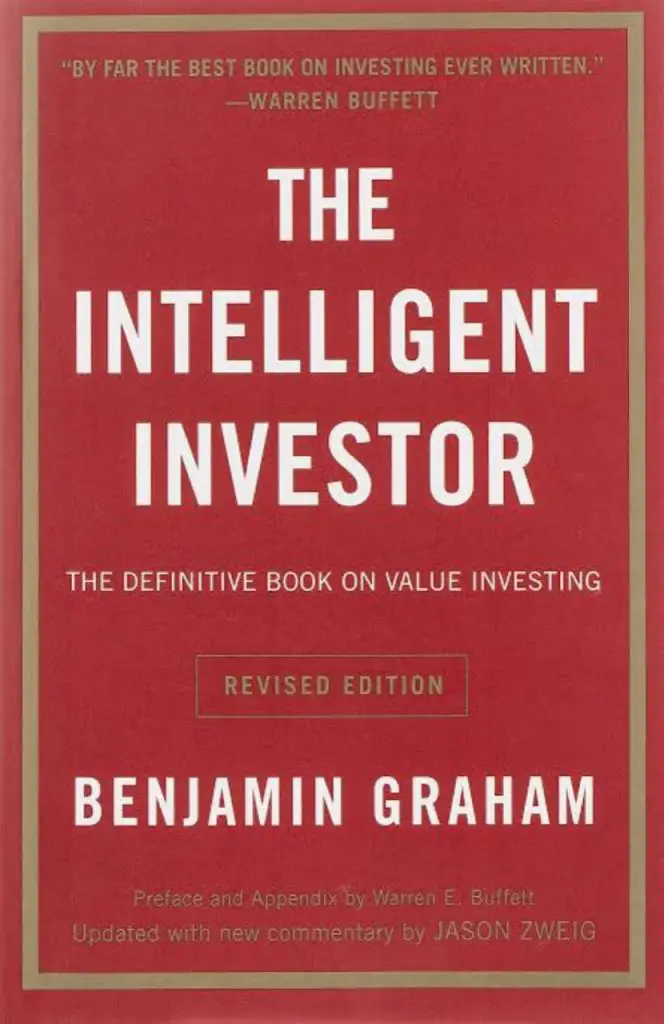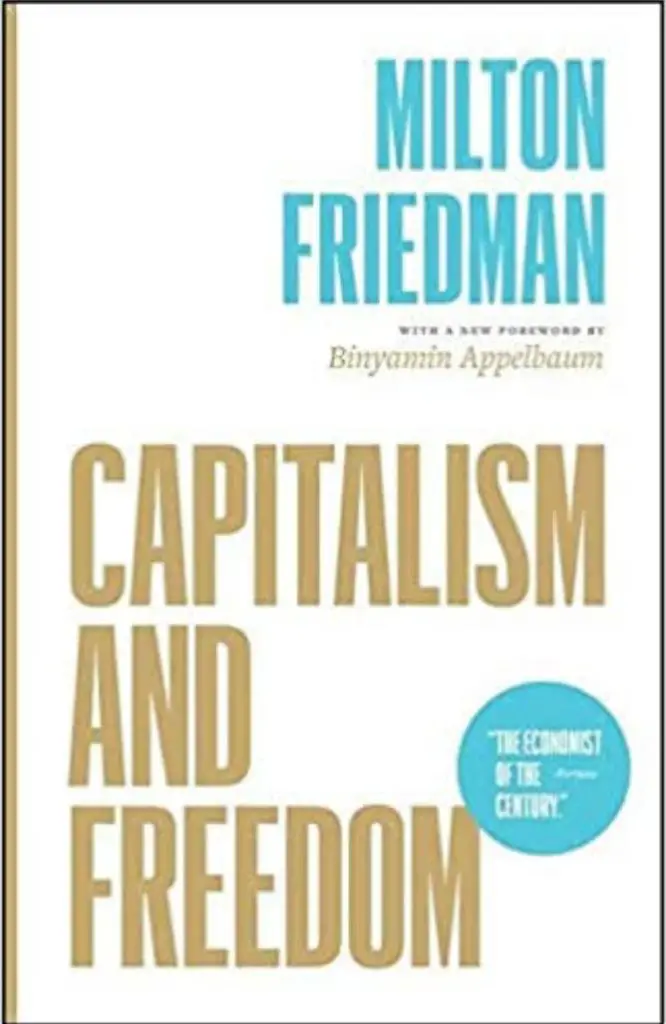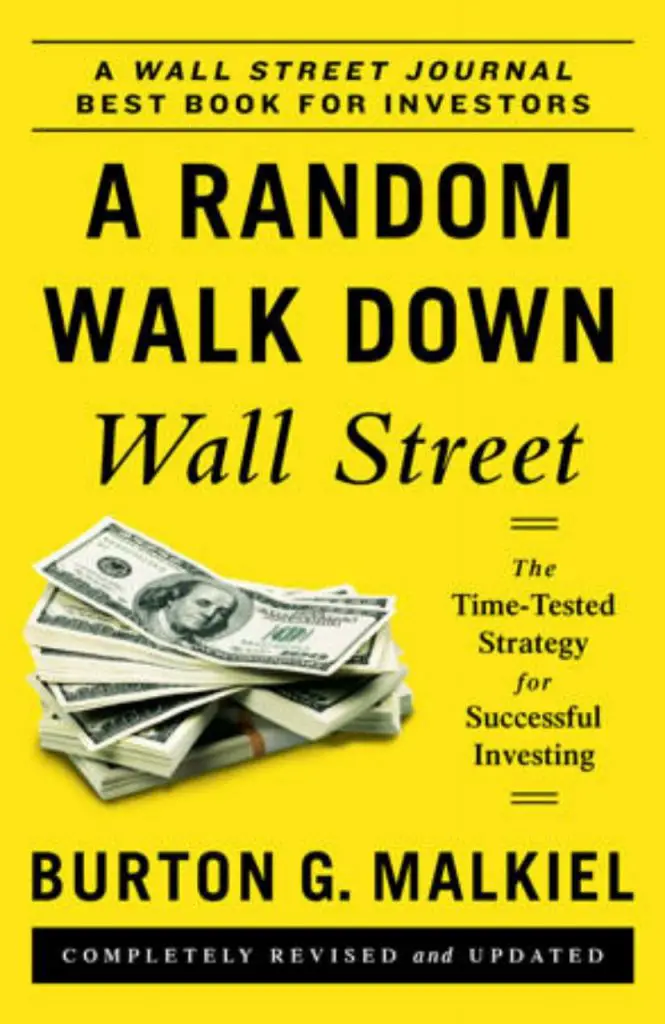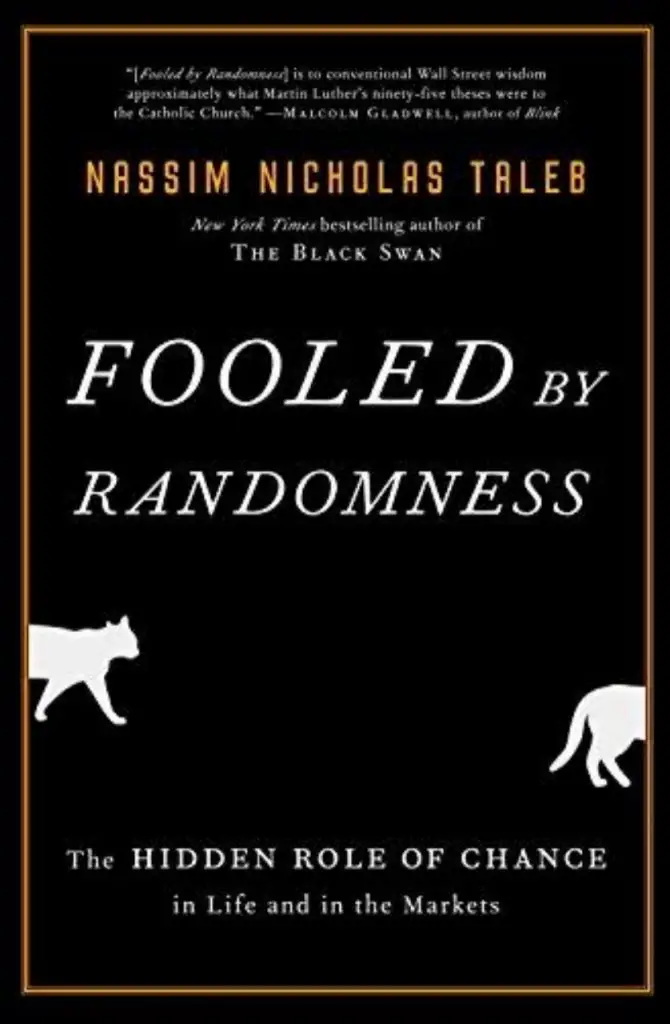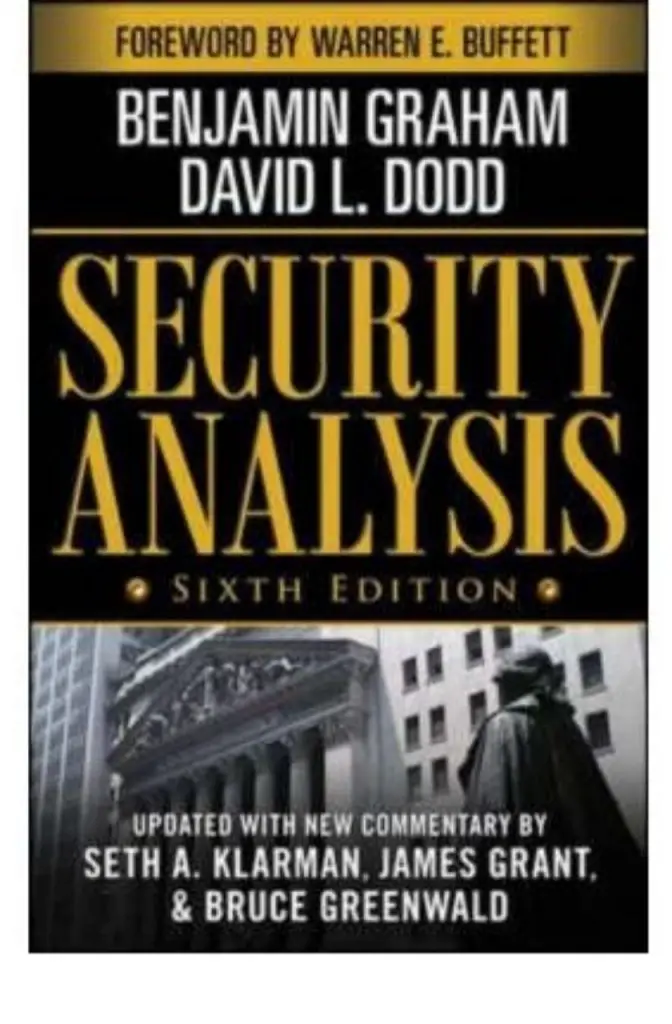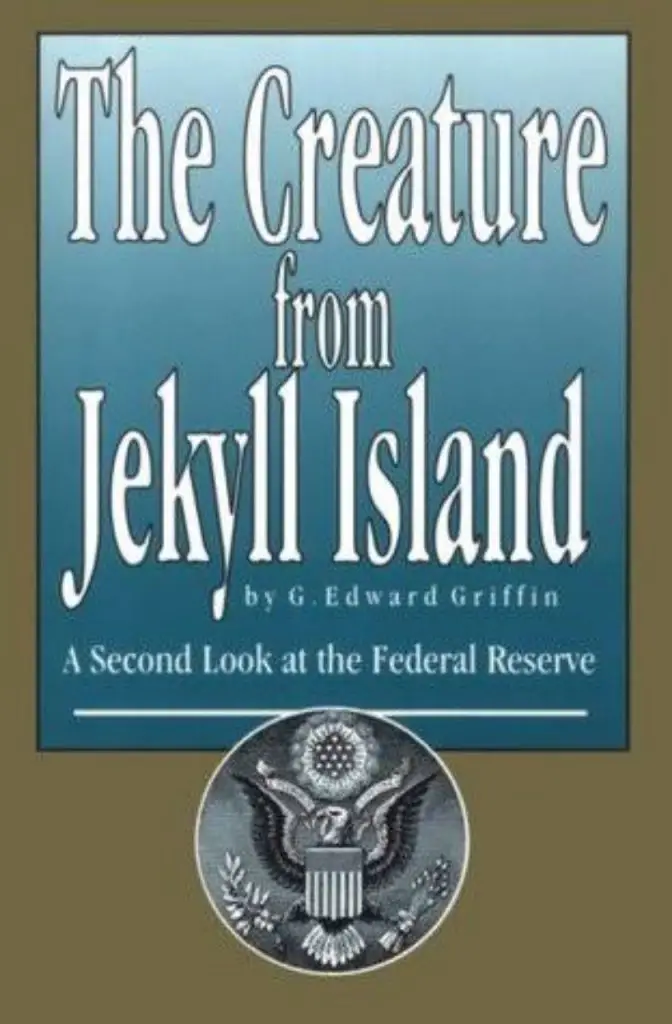Ever wondered what the must-read Economics and Finance books are? Here is our take.
Whether you want to refresh your knowledge, read a new subject, or entertain yourself with a story, the right book can offer valuable insights into the world you are seeking to explore.
We have conducted research on the best economics and finance books that most universities recommend for their students.
We also considered experts’ and readers’ reviews to generate an article on the top economics and finance books you should read today.
This list helps researchers who are tucked in their daily grind to develop their next breakthrough ideas.
For a layperson, this helps you become a well-read lifetime learner.
Let’s take a look at each book’s introduction, summary, and key takeaways.
Table of Contents
Overview of the best Economics And Finance Books
Part I: Best Economics Books
- The Armchair Economist by Steven Landsburg (Get the book)
- The Undercover Economist by Tim Harford (Get the book)
- The Reckoning by Jacob Soll (Get the book)
- The Wealth of Nations by Adam Smith (Get the book)
- Freakonomics by Steven D. Levitt (Get the book)
- Good Economics for Hard Times by Abhijit V. Banerjee and Esther Duflo (Get the book)
- Factfulness by Hans Rosling (Get the book)
- The Return of Depression Economics and the Crisis of 2008 by Paul Krugman (Get the book)
- Zombie Economics by John Quiggin (Get the book)
- Principles for Dealing with the Changing World Order: Why Nations Succeed and Fail (Get the book)
Part II: Finance / Investing
- The Intelligent Investor by Benjamin Graham (Get the book)
- Capitalism and Freedom by Milton Friedman (Get the book)
- A Random Walk Down Wall Street (Get the book)
- Fooled by Randomness (Get the book)
- Security Analysis by Benjamin Graham (Get the book)
- The Creature from Jekyll Island by George Edward Griffin (Get the book)
Part I: Best Economics Books
The Armchair Economist by Steven Landsburg
Intro-Why you should read it
The Armchair Economist was originally published in 1993. Every economics student should grab it to learn Steven Landsurg’s economic theory. Plus economics history. He shortened his theory to four magical words “people respond to incentives.
Summary-What this book is about
Written by an economics professor, the book explains some of the true nature of policies. The Armchair Economist covers a wide range of topics from the budget deficit, economic growth, unemployment, and the analysis of cost benefits.
Key Takeaways
- Use economic theory to solve today’s challenges.
- Focus on timeless principles proven time and over. That’s what the Armchair Economist does.
- When people concede to incentives, uncomfortable results occur.
The Undercover Economist by Tim Harford
Intro-Why you should read it
Recommended by the Economist, New York Times, Business Today, Daily Telegraph (UK), and Steven Levitt, the author of Freakonomics, this book is an intriguing read even for those without prior knowledge of economics.
Summary-What this book is about
This book clarifies advanced economic theories using simple examples.
Written by Tim Harford, the columnist for the Financial Times, the book is a manual for understanding economic trends, the market economy, and global economic progress.
The Undercover Economist also exposes some of the secrets about the dollar.
The book covers game theory, guerrilla prices, and high rent rates in the UK (London) without jargon.
Key Takeaways
- Economics is a relevant subject that applies to many disciplines.
- The forces of the free market affect us daily.
- Economics theory can provide answers to several challenges in the world.
The Reckoning: Financial Accountability and the Rise and Fall of Nations by Jacob Soll
Intro-Why you should read it
The Reckoning is highly recommended by Investopedia.
Written by a historian, this groundbreaking publication uses historically wealthy individuals to emphasize financial accountability.
The Reckoning is also highly rated, as one of the best finance books, by the Wall Street Journal, Global Finance, and Jack Rakove (winner of the Pulitzer Prize.) Finance students will find this book rich in information about the financial world.
Summary-What this book is about
Jacob explains the importance of honesty in accounting. He relates the decline in the economic world to questionable financial accounting.
Key Takeaways
- Be knowledgeable in history. Jacob Soll argues that history is the foundation of many great empires.
- Take responsibility for every decision you make.
- Financial accountability makes a society rise.
An Inquiry into the Nature and Causes of The Wealth of Nations by Adam Smith
Intro-Why you should read it
“The Wealth of Nations” is an all-time classic for any serious student of economics And finance. The book is likely already recommended by your own her for you to build a strong foundation for economic knowledge about economic history.
Did you know it was also published in 1776 the same year as the Declaration of Independence?
Summary-What this book is about
Adam Smith explains that the main purpose of an economy is to create wealth. He also argues that the government should not interfere with the economy, as this will only lead to corruption. The book tries to answer the question of why some nations are wealthier than others.
Key Takeaways
- Wealth is created through economic activity, not government intervention.
- Corruption occurs when government meddles in the economy.
- Some nations are wealthier than others because they have more economic activity.
Freakonomics: A Rogue Economist Explores the Hidden Side of Everything by Steven D. Levitt and Stephen J. Dubner
Intro-Why you should read it
Freakonomics is recommended by Investopedia.
The collaboration between Steven Levitt, a professor at the University of Chicago, and Stephen Dubner, a New York Times journalist, produced an economics book that sold over 4 million copies.
Summary-What this book is about
This powerful book employs a clear publication language, case studies, questions, and riddles to explain topics that seemed to be unrelated but are very much in the social science category.
He uses the sumo wrestlers, drug gangs, creating teachers, real estate agents, and the swimming pool question to highlight violent crime, drug dealing, and cheating.
Freakonomics is an easy introduction to economics. Steven recommends the use of statistical analysis to approach everyday life problems.
Key Takeaways
- Analyze everything carefully. Make your decisions based on solid statistical data.
- Be open to other alternative possibilities. Freakonomics concludes that the decline in crime rate in the late 20th century was largely due to readily available abortion.
- Be ready to challenge conventional wisdom.
Good Economics for Hard Times by Abhijit V. Banerjee and Esther Duflo
Intro-Why you should read it
Written by Nobel Prize winners, Good Economics for Hard Times is a book you should read to understand sound economic principles and deconstruct some myths while at it.
Summary-What this book is about
The book traces the financial world’s problems and gives solutions to all of them. The factors affecting economies outlined in this book include income inequality, immigration, technological unemployment, climate change, globalization, and slow economic growth.
Key Takeaways
- Poor people make more sound decisions, not what many think.
- Economic research is valuable to solving the problems affecting economies.
- Immigrants rarely grab jobs from native workers. The belief that an increase of immigrants will lead to a decrease of wages is false.
Factfulness: Ten Reasons We’re Wrong About the World—and Why Things Are Better Than You Think by Hans Rosling
Intro-Why you should read it
Factfulnesss is not your ordinary economic textbook, but it is essential in understanding the world. Bill Gates highly praised Factfulness to graduates. Melinda Gates and Barack Obama are other notable personalities who recommend Factfulness.
Summary-What this book is about
Hans Rosling argues that most people have wrong information about the world. These people believe the world is more dangerous, less healthy, and poorer than it is.
Rosling opposed the criterion for grouping nations into either “developing countries” or “developed countries “. The book indicates why the author feels this system is outdated. Instead, Factfulness proposes a four-category grouping system based on personal income.
Key Takeaways
- Support your opinions with statistical data. Ditch those you can’t support and you’ll be stress-free.
- When we view the world through statistics, we’ll see that the world is not as dangerous, sick, or poor as media might make you think.
- Human progress is slow due to the much misinformation that we hold.
The Return of Depression Economics and the Crisis of 2008 by Paul Krugman
Intro-Why you should read it
The celebrated economist and an award-winning author, Paul Krugman’s The Return of Depression Economics and the Crisis of 2008, promotes a better understanding of the economic system.
The book utilizes simple publication language to discuss the US financial system while drawing comparisons with the Great Depression.
Summary-What this book is about
This book explores the liquidity crisis of 2008, discussing economic market crashes and the risks associated with the US banking system.
Paul Krugman discusses topics ranging from the history of economics to the financial crisis of 2008.
Krugman proposes the application of the lessons learned in the Great Depression to tackle today’s problems.
Key Takeaways
- Past solutions can be helpful today. You just have to be careful when reintroducing them.
- Be bold, courageous, and critical when making decisions.
- Always be prepared for challenging situations and crises in life. There is no smooth ride, not even in economics.
Zombie Economics: How Dead Ideas Still Walk among Us by John Quiggin
Intro-Why you should read it
If you are looking for a book that explores the relationship between politics and economics, you have one now. Zombie Economics is a good economics book on the Great Recession.
Summary-What this book is about
John Quinn pinpoints the deteriorations that led to the financial crisis of the late 2000s. He discusses how these failings still haunt us and will continue to be part of us until we solve them.
The book also covers the assumptions related to market liberation and other topics ranging from private ownership, DSGE modeling (Dynamic Stochastic General Equilibrium), moderation economics to efficient financial markets.
Overall, this book is valuable to students and professionals.
Key Takeaways
- Humility is essential but real wisdom is golden.
- It’s important to understand continuity and change.
- Make sound policies based on statistics, Nathan then lies.
Principles for Dealing with the Changing World Order: Why Nations Succeed and Fail
Intro-Why you should read it
Ray Dailo is the founder of Bridgewater Associates, the planet’s biggest hedge fund. Naturally, when he shares his knowledge, people want to listen.
This book is great for understanding the patterns of what happened in the past, so we can better prepare for the future.
Summary-What this book is about
History, according to Mr. Dalio, is cyclical, a “perpetual-motion machine.” Big Cycles occur in big countries, swinging between “peaceful and prosperous periods of great creativity and productivity” and “depression, revolution, and war periods when there is a lot of fighting over wealth and power and a lot of destruction.”
The cycle of good and bad finances, the cycle of order and disorder inside a nation, and the cycle of external order and disorder are all important, according to him. Mr. Dalio compares periods of “boom and bust, peace and conflict” to “the tide going in and out.” You can’t help but conclude that his belief in history’s ineluctable “cycles” is tinged with fatalism.
He also ponders the history of the three countries that have given the world its most recent reserve currency. The Dutch were the first to “create” capitalism and ships that traveled “across the globe to acquire wealth.”
The demise of the Dutch guilder occurred at the same time as the growth of Britain and the pound, both of which gave way to the American empire and the dollar after 1945.
Mr. Dalio asserts that really large booms and busts “occur approximately once in a lifetime,” and that the best way to avoid being caught off guard by either is to be well-versed in “the patterns of history across many generations.” Investors—and, by extension, nations—are better equipped to withstand cyclical fluctuations when they study history.
Key Takeaways
- Knowing history helps you to be a successful investor
- China will rise to replace the US as the dominant world power
- Big conflicts usually occur when a world order changes
Part II: Finance / Investing
The Intelligent Investor by Benjamin Graham
Intro-Why you should read it
If you are looking for a book on value investing, start with the original. This book formed the foundation for other investing and finance books. The concepts highlighted in this book continue to be valuable to many readers today.
Summary-What this book is about
Warren Buffett, the gifted investor, is one of the famous disciples of Graham. He praises The Intelligent Investor as the best investment book ever published.
The book covers inflation, the history of the stock market, portfolio policy, dividend policy, and stock selections.
Key Takeaways
- Value investing safeguards investors from errors.
- Value investing helps investors to have long-term policies.
- Graham’s philosophy centers on loss minimization as opposed to profit maximization.
Capitalism and Freedom by Milton Friedman and Binyamin Appelbaum
Intro-Why you should read it
Milton Friedman’s classical book is a book on policy-making and economic thinking you won’t forget easily. The award-winning author proposes a powerful economic theory that has since been the basis for economic growth.
Summary-What this book is about
Friedman presents his statement on an economic philosophy, which argues that competitive capitalism can be a tool for achieving political and economic freedom.
Key Takeaways
- The central bank can stabilize a nation’s economy during a recession by gradually increasing the money banks can lend.
- Increasing the money banks can lend is a means of killing recession.
- Competitive capitalism is a fundamental requirement for political freedom.
A Random Walk Down Wall Street: The Time-Tested Strategy for Successful Investing by Burton Malkiel
Intro-Why you should read it
If you are going to read one book from this category, make it this one. The book is a best-selling investment guide for students and professionals.
Summary-What this book is about
The authoritative accounts of Burton Malkiel in A Random Walk highlight the modern investment topics of bitcoin, tax management, risk parity, and factor investment.
The book also covers homeownership, investment trusts, bonds, stocks, and insights on tangible assets.
Key Takeaways
- Markets, though inefficient, move towards efficiency over time.
- The financial tools that determine the extent to which a stock is overvalued are often inaccurate.
- Be a believer who is open to opposing views.
Fooled by Randomness: The Hidden Role of Chance in Life and the Markets by Nassim Nicholas Taleb
Intro-Why you should read this book
Another great book that almost all investment professionals will say they have read.
Summary-What this book is about
This book continues to popularize the concept of black swan events. The author has many other books that one should read to get bright on finance, such as Anti-fragile.
As one of the best in Taleb’s Incerto series, Fooled by Randomness examines luck and how it applies to businesses. The book is about opacity, uncertainty, luck, probability, risk, decision-making, and human error.
Key Takeaways
- Luck is not a skill as it is grossly misinterpreted in business.
- Sometimes we get opportunities not because of our skills but perfect timing.
- Understand that happiness suffers change and may not be forever.
Security Analysis: Principles and Technique by Benjamin Graham
Intro-Why you should read it
Security Analysis is one of the most influential books in finance, according to Warren Buffett. He recommended it as a must-read for any budding investor. A classic from 1940 serves as one of the bibles for finance professionals.
Summary-What this book is about
The current version of this book contains an extra 200 commentary pages by some of the famous money managers of Wall Street. Plus, a foreword by Warren Buffet where he admits that he has read the book more than four times.
Based on Graham’s original version, this revised edition points out the relevancy of Graham’s techniques and principles today.
Key Takeaways
- Market tendency to underprice securities presents an opportunity to traders.
- An investment is an operation that guarantees returns and secures your principal.
- Know the value of the company you want to invest in by calculating its intrinsic value.
The Creature from Jekyll Island by George Edward Griffin
Intro-Why you should read it
Although it sounds like a fiction book, this book is about the origin of the FED. The Creature from Jekyll Island is recommended by the somewhat controversial Robert Kiyosaki, author of the Rich Dad Poor Dad. This book will change your perspective of money.
I recommend this book because you probably don’t hear this book at all from your professor.
Summary-What this book is about
Griffin’s narration is perfect for this detective-style book that unveils the secrets of the Federal Reserve System.
The book exposes the cause of economic disasters, inflation, war, depression, and prosperity.
Key Takeaways
- The FED is the tool through which powerful people run this nation.
- A group of powerful individuals controls most politicians and the media.
- These monied individuals invest in war.
Conclusion
A book is everyone’s true friend. Finding the right book should not be a struggle. Most readers prefer to read books that are relevant today.
We bring you microeconomics, behavioral economics, finance, and economics books recommended by universities, professors, and other experts in specific fields.


